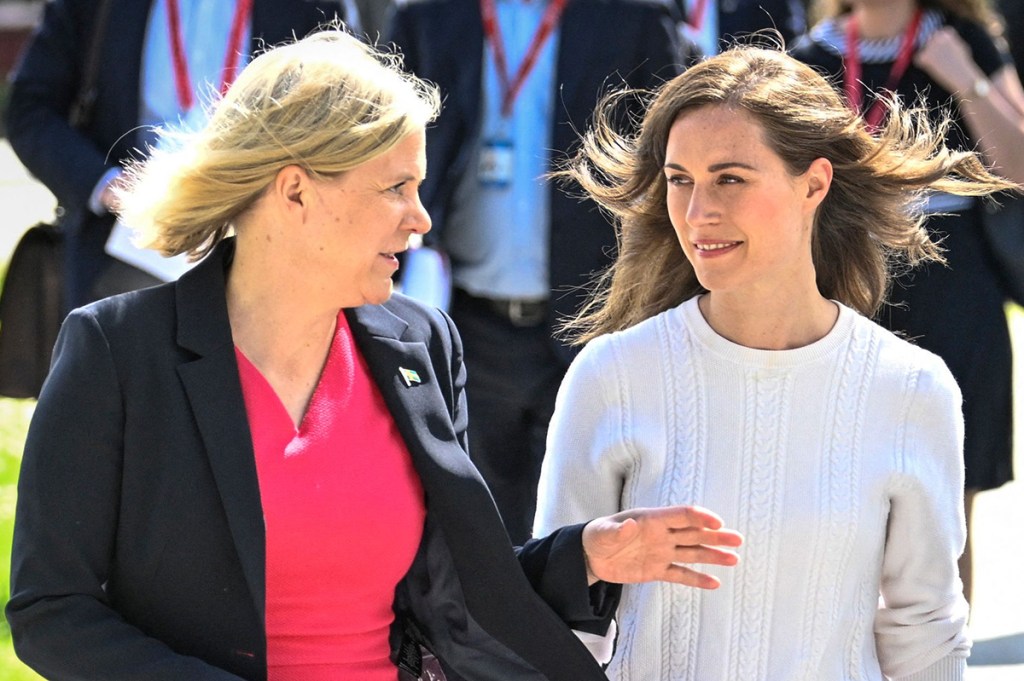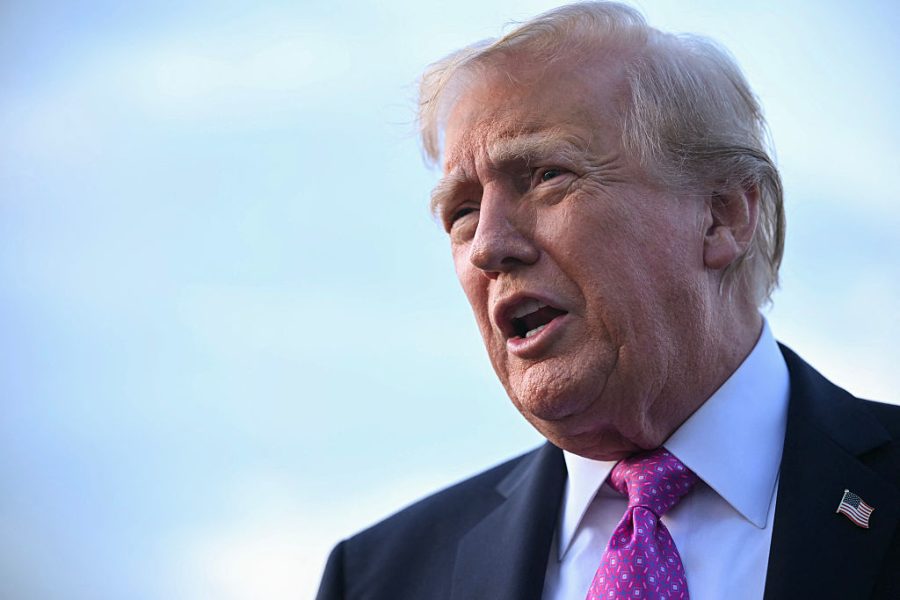There is an open tug-of-war going on right now over the direction of foreign policy on the right. The attempts by various factions and individuals to seize and define the principles of an “America First” foreign policy has led to politicians and institutions using similar language and labels to defend very different positions.
Yet the overarching direction of foreign policy on the right seems clearer in the results than in the conversations. Even as there are disagreements among Republicans in Washington — on Ukraine funding, for instance — they seem to have much more in common when it comes time to actually take a vote or make a decision.
For a solid example of why America First, properly understood, will represent more of a return to a Ronald Reagan-era approach to the world than a massive reconsideration of the Jacksonian impulse, look no further than this week’s vote on a House resolution expressing support for Finland and Sweden joining NATO.
In the weeks leading up to the vote, several voices on the right, including former Trump officials, opposed the move, along with some of the most prominent MAGA voices in Congress. But the resolution passed overwhelmingly, with 394 votes in support and just eighteen Republican votes in opposition:
The GOP lawmakers who voted “no” were Representatives Andy Biggs (Arizona), Dan Bishop (North Carolina), Lauren Boebert (Colorado), Madison Cawthorn (North Carolina), Ben Cline (Virginia), Michael Cloud (Texas), Warren Davidson (Ohio), Matt Gaetz (Florida), Bob Good (Virginia), Marjorie Taylor Greene (Georgia), Morgan Griffith (Virginia), Thomas Massie (Kentucky), Tom McClintock (California), Mary Miller (Illinois), Ralph Norman (South Carolina), Matt Rosendale (Montana), Chip Roy (Texas) and Jefferson Van Drew (New Jersey).
Part of the lack of opposition to this move is the muscle memory of Cold War pro-NATO sentiment among older members of the GOP. But as a policy, there is much to recommend expansion, and few arguments can be lodged against it. Finland already spends more than 2 percent of its budget on defense, and Sweden is on track to do so as well.
These are not nations seeking out Western largesse. They are joining NATO because with Putin’s invasion of Ukraine, it is in their interest to do so.
As author Walter Russell Mead told me in a recent interview:
The admission of Finland and Sweden does strengthen NATO. These are not free-riding, “please protect me Mr. America” countries. These are countries that live very close to Russia, take their militaries very seriously, their militaries are professional and enjoy the support of the population. Those are actually the kinds of allies that you want.
The more we see these storylines play out, the more the foreign policy of the right looks like a rejection of its neoconservative period and a return to earlier values. That can broadly be understood as more skeptical and realist; more concerned with not just the funding but the direction of the American military, particularly its increasingly woke leadership; and dedication to our allies, though not necessarily in favor of deploying American forces. Distrusting international institutions and decrepit global elites, the right’s greatest legacy from the Trump years is less about the lessons of Iraq and Afghanistan — over which there are still divides — and more about the need to be clear-eyed about the existential threat of China.
These are all positive developments. They suggest an American right that understands that retreat from the world stage is impossible, but that also understands the importance of maintaining clear goals, ensuring our allies pay their fair share, and building a military ready for a disconcerting future.

























